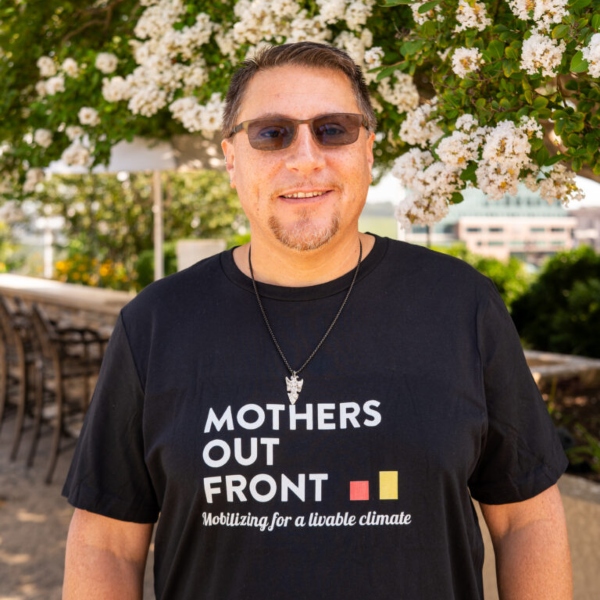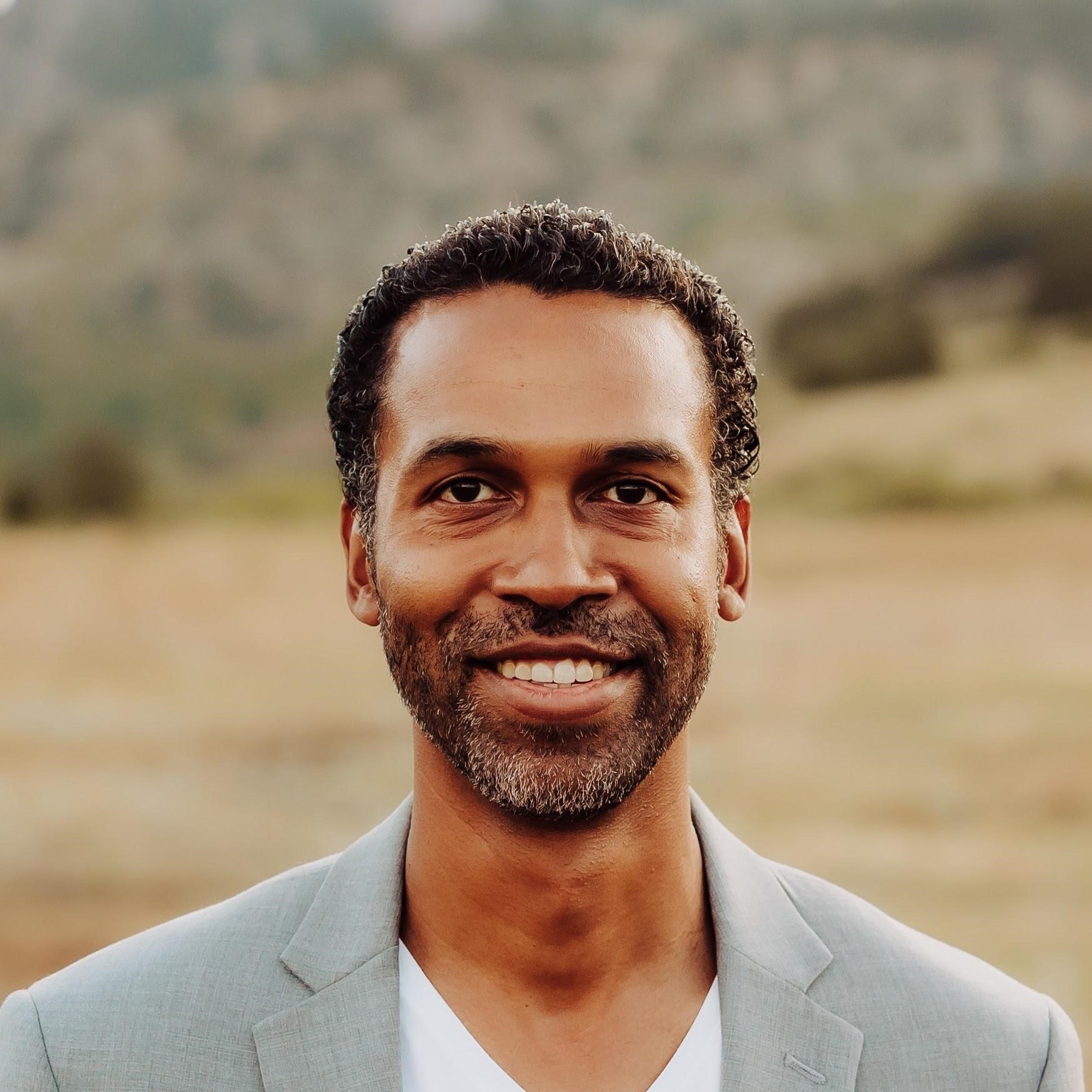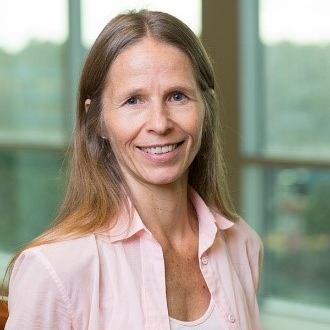Jamie Valdez, Colorado Senior Organizer, Mothers Out Front
Michael Ogletree, Division Director for the Air Pollution Control Division of the Colorado Department of Public Health and Environment
Dr. Lisa Cicutto, Director, Community Outreach and Research at National Jewish Health
Jamie Valdez

Jamie is a multicultural native of Pueblo, Colorado and a parent and grandparent with education in Electronics Technology and Psychology. He began his environmental justice work in 2015 as a volunteer Digital Organizer and has since expanded the scope of his work and turned it into his career. He is now the Colorado Senior Organizer for a mother-founded, mother-led climate justice organization called Mothers Out Front that works toward the goal of a livable climate for all children. Jamie also serves as an appointed member of Colorado’s Environmental Justice Action Task Force. His activist background is primarily in racial and economic justice movements and he considers environmental justice a natural progression that’s become his passion and he therefore, approaches all his work with equity, justice, and inclusivity in mind.
Michael Ogletree

Michael Ogletree is the Division Director for the Air Pollution Control Division (APCD) of the Colorado Department of Public Health and Environment (CDPHE). Before becoming Division Director, Mr. Ogletree was the air quality program manager for the City and County of Denver, where he led Denver’s overall efforts to improve air quality. Michael Ogletree is an experienced leader with a passion for using technology to create positive change. With a strong background in leadership and a track record of driving successful initiatives, he has a natural ability to bring people together and drive meaningful change. Since being with Air Pollution Control Division, Mr. Ogletree has been instrumental in major initiatives that focus on reducing greenhouse gas emissions from trucks and cars and prioritizing the uptake of zero-emission vehicles, creating strides towards public protections from toxic air contaminants, prioritizing Environmental Justice communities in engagement and permitting decisions, improving data transparency, and integrating the next-generation of air monitoring technology. Mr. Ogletree is dedicated to making a difference and creating a better future for us all.
Dr. Lisa Cicutto

Dr. Lisa Cicutto has participated in research focused on asthma, lung health, and environmental health, primarily air quality, for the past 30 years with studies spanning bench-to-community. Since completing her doctorate, Dr. Cicutto’s research has focused on optimizing the management of asthma and lung health for patients, families, communities and health care professionals. Her passion is supporting informed decision making and action to optimize health on multiple levels, individual, family, organization and community. She has 30 years of experience working with community to conduct meaningful and responsive community engaged research projects. Through community engagement, responsiveness and partnership she has worked alongside community to study air quality and environmental literacy in Globeville, Elyria and Swansea and determined that indeed spikes/exceedances in particulate matter levels in the San Luis Valley results in increased urgent care and hospitalizations for asthma and other lung health conditions to develop effective, acceptable and understandable displays to share real time air quality monitoring and messaging for action in Denver schools. Working with residents and local community-based organizations she has come to understand the concerns, strengths, resources, and needs for building capacity for contextualized and informed personal action and community mobilization to build resiliency regarding air quality.
She is active in her communities by participating in community and professional educational initiatives, as well as, serving as guest instructor/professor at rural higher education institutions, such as Adams State University, Otero Junior College and Trinidad State College. She is a fourth generation Coloradoan who is committed to preserving and restoring its health. She received her BSN from University of Colorado Health Sciences Center, her Masters of Science from the University of Toronto, Faculty of Nursing, and her PhD from the Institute of Medical Science, University of Toronto.









